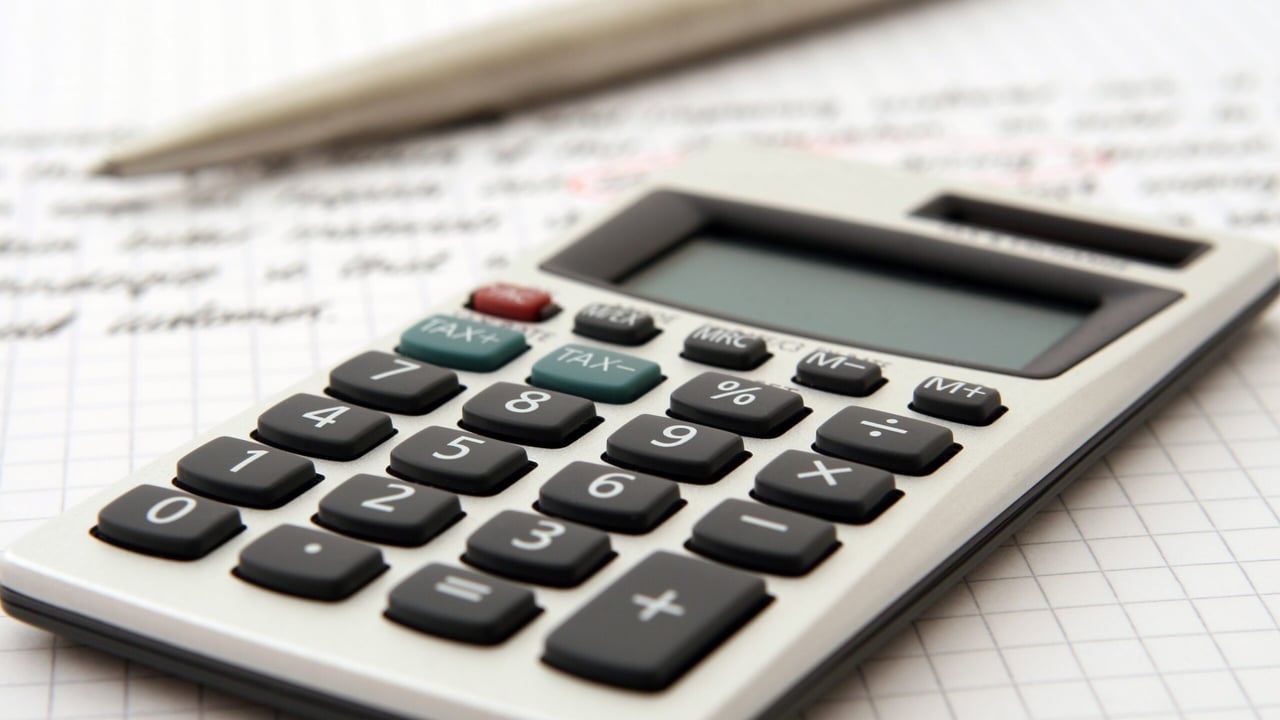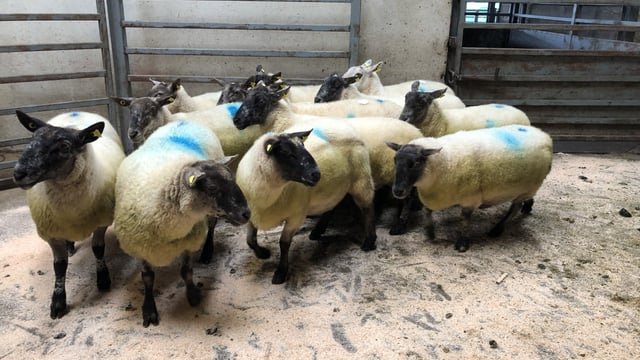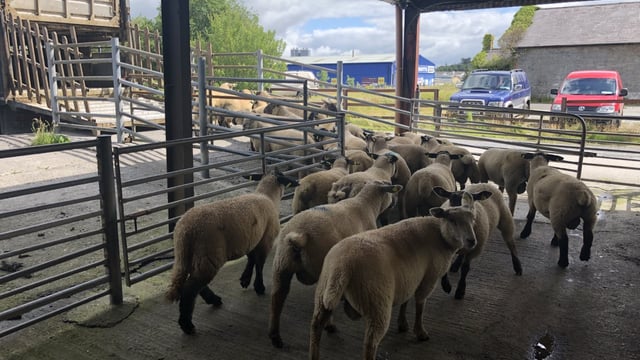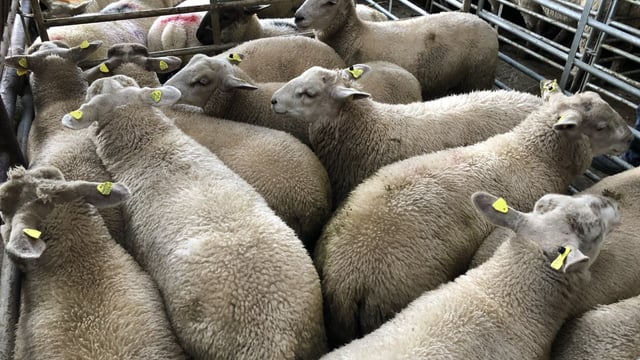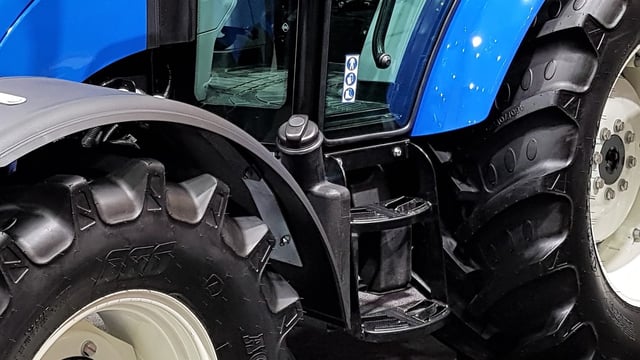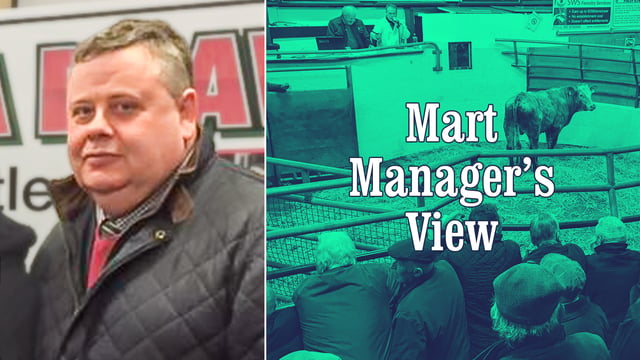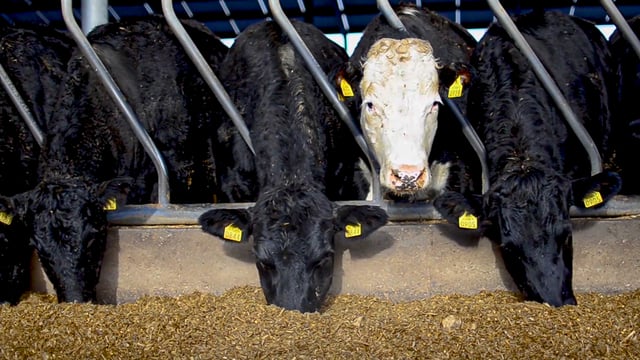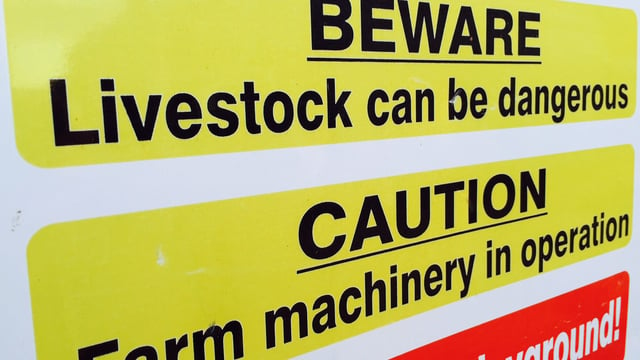Revenue outlines tax measures for farmers in July stimulus package
Revenue has outlined how the tax measures laid out in the July stimulus package will affect farmers and the self-employed.
In a statement at the end of last week, Revenue said the measures provide an option for farmers to ‘step out’ of income averaging for the tax year 2020, notwithstanding that the farmer may also have stepped out of income averaging in one of the four preceding tax years.
In other words, a farmer can elect to pay tax based on the actual profits for 2020, rather than on averaged profits.
Where a farmer makes such a decision, tax due on the average profits that would have been taxed in 2020 is deferred.
More generally, for self-employed people whose trade or profession was profitable in 2019 but made losses in 2020, they can claim to have those losses, and certain unused capital allowances, ‘carried back’ and deducted from their profits for the 2019 tax year.
An individual may make this claim for income tax relief by amending their Form 11 tax return for 2019.
Someone who incurs – or who reasonably expects to incur – a loss during 2020 can accelerate the timing of the income tax relief by making an interim claim, based on an estimate of the amount of the relief that will be available.
That person will be able to revise their interim claim as the year progresses – including increasing the claim where it is estimated that the loss will be greater than expected.

